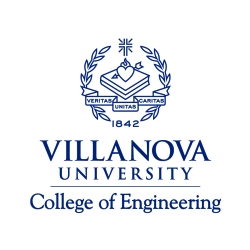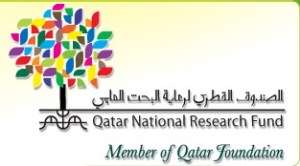Dr. Amin Serves as Principal Investigator on $1.05M Grant from Qatar National Research Fund

Villanova University’s Center for Advanced Communications (CAC) recently hit an important milestone with a $1.05 million three-year award for research into the use of radar technology to assist the elderly who live alone. This is the Center’s first research track for civilian applications. Submitted to the Qatar National Research Fund under its National Priorities Research Programs (NPRP), the proposal is titled “Advanced Signal Processing and Emerging Sensing Technologies for Assisted Living.” Villanova will partner on this research with Qatar University, a public university in Qatar, a sovereign Arab state bordering Saudi Arabia. Villanova will receive 35% of the funding and Dr. Moeness Amin, CAC Director, will serve as Principal Investigator for the entire project, including the Qatari part. Over the last five years, Dr. Amin has also served as a PI on other international research grants including those from Australia and Canada.

Dr. Amin states, “Given the competitive nature of the Qatar NPRP where proposals are received from all over the world, and given that oil, gas and energy are the specified top research priorities of this program, being selected and awarded for our proposal on radar technology for assisted living is indeed an accomplishment.” Factoring in the cultural, clinical and psychological elements of privacy and safety, as well as issues of size and cost, Dr. Amin’s research will focus on approaches to non-intrusive monitoring for the elderly living independently. His research proposal suggests that using recent advances in sensing technologies to monitor the elderly can help reduce injuries and provide early detection of health declination. Because many human health barometers and markers are related to motion, and motor functional abilities can be detected by sensing apparatuses, even small changes from a predefined baseline can be detected. Changes in respiration, heartbeat or gait can be indicators to serious or potentially life threatening health situations. By monitoring elderly individuals, there is great potential for timely interventions and more effective treatments.
The expertise housed in both universities provides the necessary synergy for this project. Villanova’s knowledge of radar systems and operations, as well as its state of the art Radar Imaging Laboratory facilities, is vital to assess the potential of the employed technology. Providing the core intelligence, Qatar’s strength in signal processing, particularly nonstationary and time-frequency signal analysis, will be responsible for rendering decisions on normal versus abnormal human motion radar profiles.
This project is multidisciplinary in nature. Villanova’s College of Nursing clinical instructor, Kelly P. Nestor, MSN, ANP-BC, will provide valuable information on the challenging scenarios facing the elderly living independently, along with factors such as medications, cognitive impairment behaviors, and queues and markers that might precede a fall. Her involvement will also include assessing the algorithms’ outputs in terms of acceptable detection and false alarm figures. Professor and director of Villanova’s graduate programs in Psychology, Dr. Michael Brown will offer input on the human ethogram and psychological issues regarding privacy and intrusiveness in monitoring the elderly.
The timing of this research project is key, as the old-age dependency ratio, or the ratio of the population aged 65-years or over to the population aged 20-64, is rising in many countries throughout the world. Dr. Amin’s research venture with Qatar University is a promising step in the right direction for earlier intervention and care worldwide for our aging population.
Learn about other research being done at Villanova’s Center for Advanced Communications.
